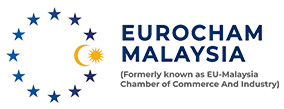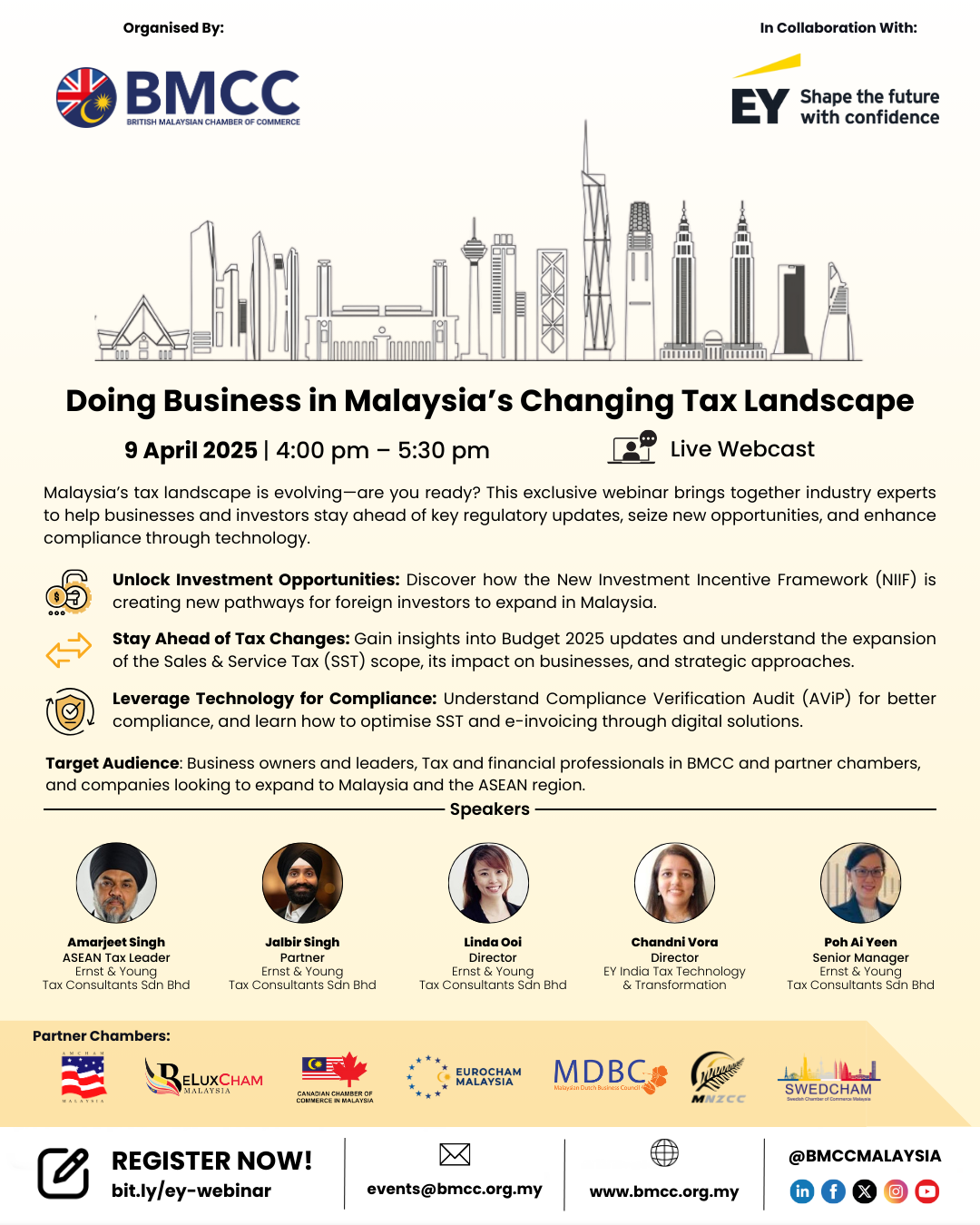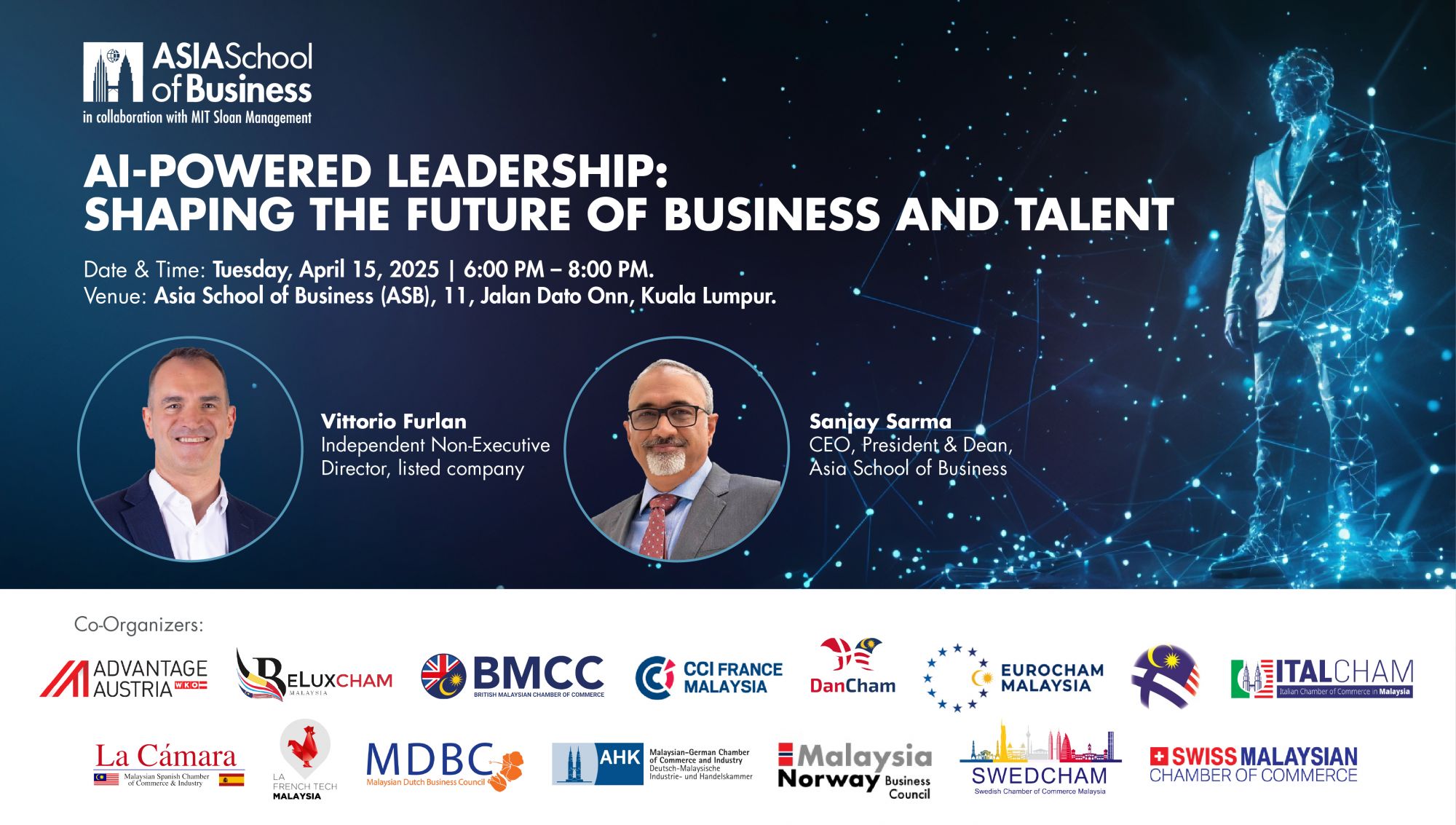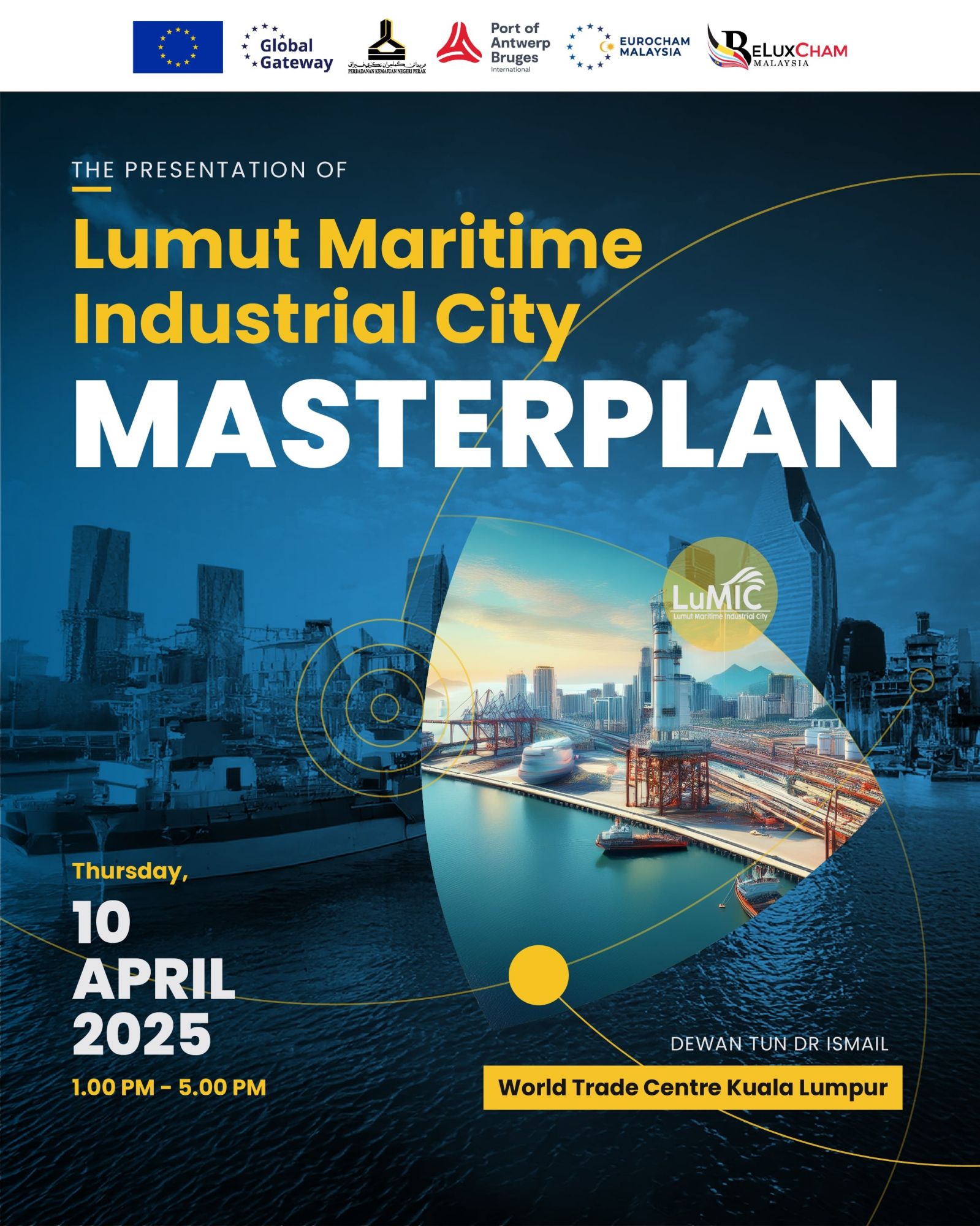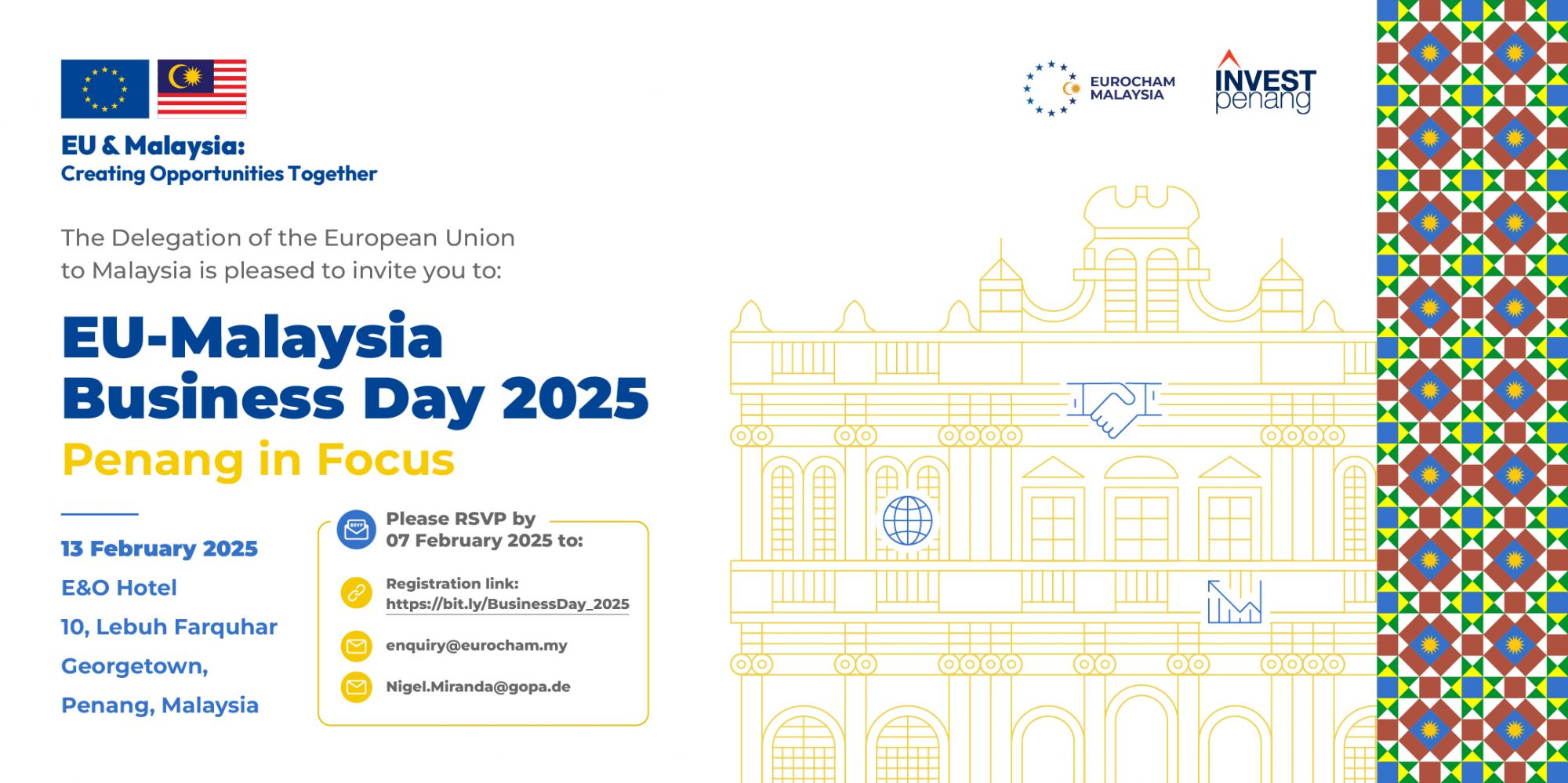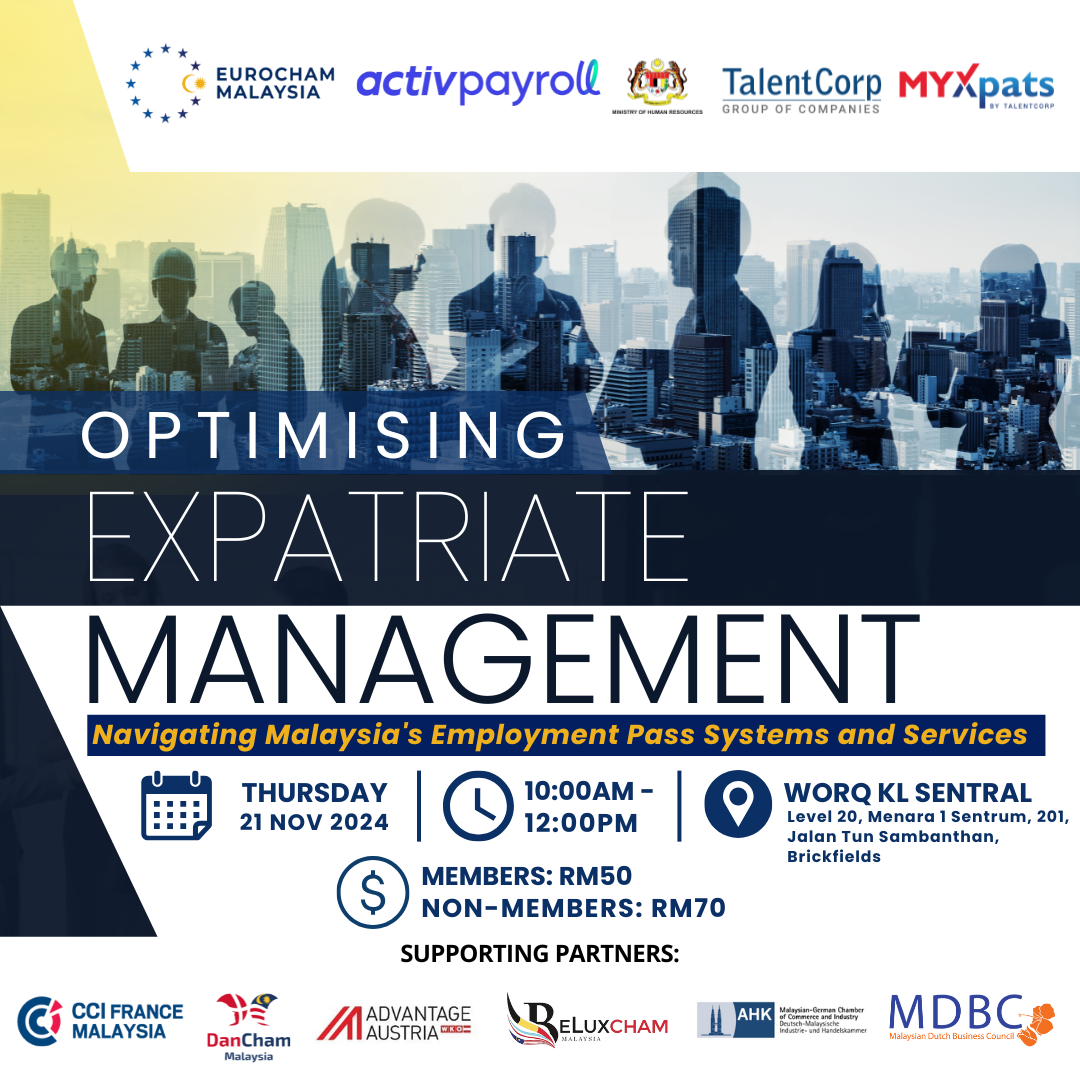Implementing environmental, social, and governance (ESG) in the construction sector is critical because the construction industry is the catalyst of any nation’s physical and economic development.
Construction Industry Development Board Malaysia (CIDB) chief executive officer Datuk Mohd Zaid Zakaria said the construction industry has a multiplier effect of 2.03 due to its connections to more than 120 different industries, of which 90% of the firms comprise small and medium enterprises.
“The construction sector serves almost all other industries, as all economic value creation occurs within or by means of the built environment,” he said in his keynote address at the International Construction Transformation Conference (ICTC) here on Tuesday.
Mohd Zaid said that according to the World Economic Forum (WEF), the construction sector accounts for about 6% of the global gross domestic product, and it is also the largest global consumer of raw materials and constructed objects, accounting for about 25% to 40% of the world’s total carbon emissions.
“Apart from that, the construction sector is also found to be responsible for up to 50% of climate change, 40% of global energy usage, and 50% of landfill waste, not to mention air, water and noise pollution, and the destruction of natural habitats.
“WEF’s report also points out that by harnessing the capacity of the construction sector, many countries could cut emission rates effectively and achieve energy savings of more than 30%,” he said.
In Malaysia, Mohd Zaid said the CIDB, as an agency under the Ministry of Works, has recognised the importance of sustainable construction.
“The National Construction Policy 2030, or the NCP, introduced by the Ministry of Works in 2021, outlines the principles of sustainable construction practices,” he said.
He said the NCP outlined the essential steps to achieve quality, reliable, sustainable and resilient infrastructure to ensure that projects are planned with infrastructure that is resilient to damage caused by natural disasters.
“It also ensures that the planning, designing, usage of materials, construction processes, and maintenance of the infrastructure are carried out with the aim to build and maintain structures that are resilient to natural disasters,” he said.
Mohd Zaid said that Malaysia has made significant strides in sustainable construction, but there are still many challenges to be overcome.
“The level of adoption varies across the industry, and there is a general perception that sustainable construction is more expensive.
“However, it is crucial to highlight the long-term benefits and return on investment that sustainable practices can offer,” he said.
Mohd Zaid also pointed out that implementing sustainable construction requires specialised knowledge and skills, necessitating capacity-building programmes and continuous professional development initiatives; hence, collaboration among all industry stakeholders is also essential for the transition to sustainable construction.
“In pursuit of carbon-neutral goals, the construction industry faces challenges such as increasing awareness, overcoming cost considerations, generating market demand, fostering collaboration, developing skills and establishing supportive policy frameworks.
“To address these, the government has implemented initiatives like the Net Energy Metering, MyHIJAU programmes; and the Sustainable and Responsible Investment, or SRI Sukuk Framework,” he said.
Mohd Zaid said Malaysia needs to continue refining and improving its policies, guidelines and incentives to create an enabling environment for sustainable construction.
“By addressing these challenges head-on, enhancing collaboration, and investing in the development of skills and knowledge, we can ensure that Malaysia stays on track in its sustainable construction journey,” he added.
Read more here – https://theedgemalaysia.com/node/689988
#ESG #CIDB #ICTC #WEF #construction #economic #development #emission #energy #sustainability #EUROCHAMMalaysia30 #EUMYstrongertogether #eurochammy
